The Global Hygiene Symposium in Singapore Will Foster Collaborative Solutions for Global Health and Well-Being
The Global Hygiene Symposium in Singapore on December 6-8, 2023 aims to drive innovative solutions in global health and expedite progress in hygiene as a pivotal component of overall well-being and global health security.
Unfortunately, hygiene often receives minimal consideration in public policy discourse – even though numerous public health experts recognize hygiene as a key to global health and a critical defense against pandemics, and even though millions of people die annually from preventable diseases that are transmitted because of poor access to hygiene or poor hygiene habits.
The symposium seeks to ignite cross-disciplinary partnerships to help improve this situation.
The symposium will be hosted by the Reckitt Global Hygiene Institute, a private foundation which aims to address gaps in research funding and data availability in the research field, and Chatham House, an international think-tank. The symposium facilitator is Clarissa Brocklehurst, a water supply and sanitation specialist with experience setting the direction of large-scale programmes, direct management of projects and programmes and facilitating policy debate.
The symposium will establish common challenges within the fields of hand hygiene, zoonosis (diseases that can be transmitted to humans from animals), food hygiene, antimicrobial resistance (AMR), women’s health and environmental health, and will cultivate avenues for cooperation. It will bring together a diverse array of researchers, policymakers, and practitioners to explore ways to prioritize and increase the effectiveness of integrated approaches across hygiene disciplines. The experts will devise ways to better align hygiene with broader development objectives.
The Global Hygiene Symposium offers a platform for hygiene researchers and practitioners to cultivate a shared understanding of the evidence that underpins advancements in public health results. By bringing together stakeholders from diverse sectors, the symposium will pinpoint knowledge gaps and research requirements – crucial for enhancing public health outcomes and wider societal welfare – and present ways that research can effectively shape policy and action, within policy-making and in practical applications.
The agenda draws on current research, policy and practice advances, and challenges across a broad spectrum of issues related to hygiene and health globally. Each session will foster dialogue that identifies research gaps but also explores potential remedies. The goal is to amplify the impact of research on policy decisions and to propose strategies that bridge the divide between research and policymaking. The program includes planned sessions on why hygiene matters, reviving hygiene progress for a healthier future, advancing gender and social inclusion in hygiene practices, climate change and planetary health, building hygiene as a pillar of global health security, quantifying investment in hygiene, exploring integrated hygiene solutions for dynamic cities, and more. Over the course of three days, the symposium will focus on generating actionable recommendations, tailor-made for real-world implementation and influence on global health security measures.



